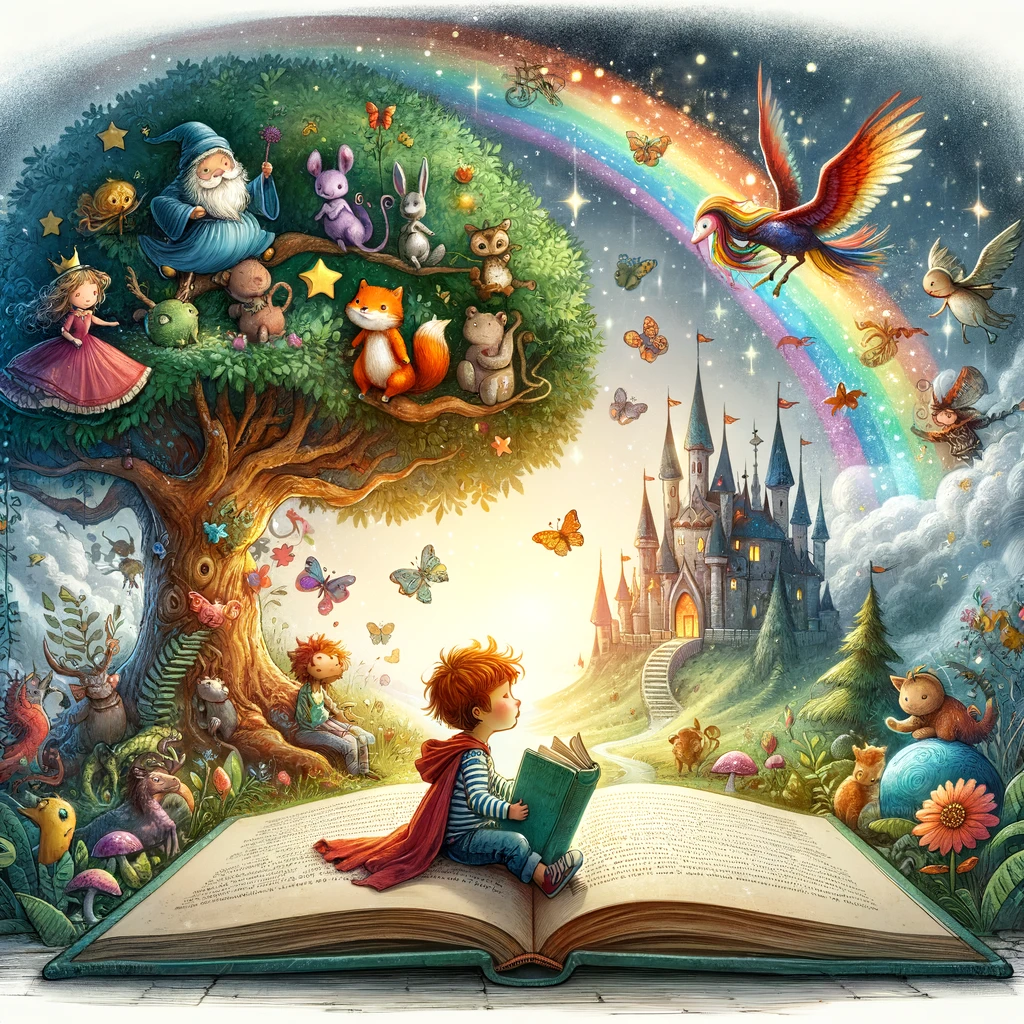Features
Beyond Fairy Tales: The Impact of Children's Literature on Early Development

Introduction Children's literature, often perceived as simple storytelling, plays a vital role in the early developmental stages of a child. These stories are more than just tales of fantasy and adventure; they are crucial tools that help shape a child's perception of the world, instill values, and ignite the imagination.
Foundations of Moral and Ethical Learning Children's books often serve as the first introduction to the concepts of right and wrong. Through stories, children learn about empathy, kindness, and the consequences of actions. Books like "The Giving Tree" or "Charlotte's Web" subtly teach these lessons, laying the groundwork for moral and ethical understanding.
Language and Cognitive Development Reading to children significantly enhances language acquisition and cognitive skills. It introduces them to a rich vocabulary and varied sentence structures, fostering an early love for language. Interactive books that involve matching, predictions, and problem-solving further stimulate cognitive development.
Emotional Growth and Understanding Children's literature provides a safe space for children to explore complex emotions. Books addressing themes like friendship, fear, and loss help children understand and articulate their feelings, an essential step in emotional intelligence.
Stimulating Creativity and Imagination Perhaps the most magical aspect of children's literature is its ability to open doors to imaginative worlds. Stories filled with fantastical elements encourage creative thinking and visualization, key components in innovative and critical thinking skills.
Diversity and Cultural Awareness Modern children's books often include diverse characters and settings, offering a window into different cultures and lifestyles. This exposure is crucial in developing an understanding and acceptance of diversity from a young age.
Conclusion Children's literature, with its enchanting narratives and colorful illustrations, is a fundamental tool in shaping a child's early development. These books are instrumental in teaching morals, enhancing language and cognitive skills, fostering emotional growth, stimulating creativity, and promoting cultural awareness. As parents, educators, and guardians, it's our privilege to introduce children to the rich world of stories, knowing that these tales do much more than just entertain; they educate and inspire.










